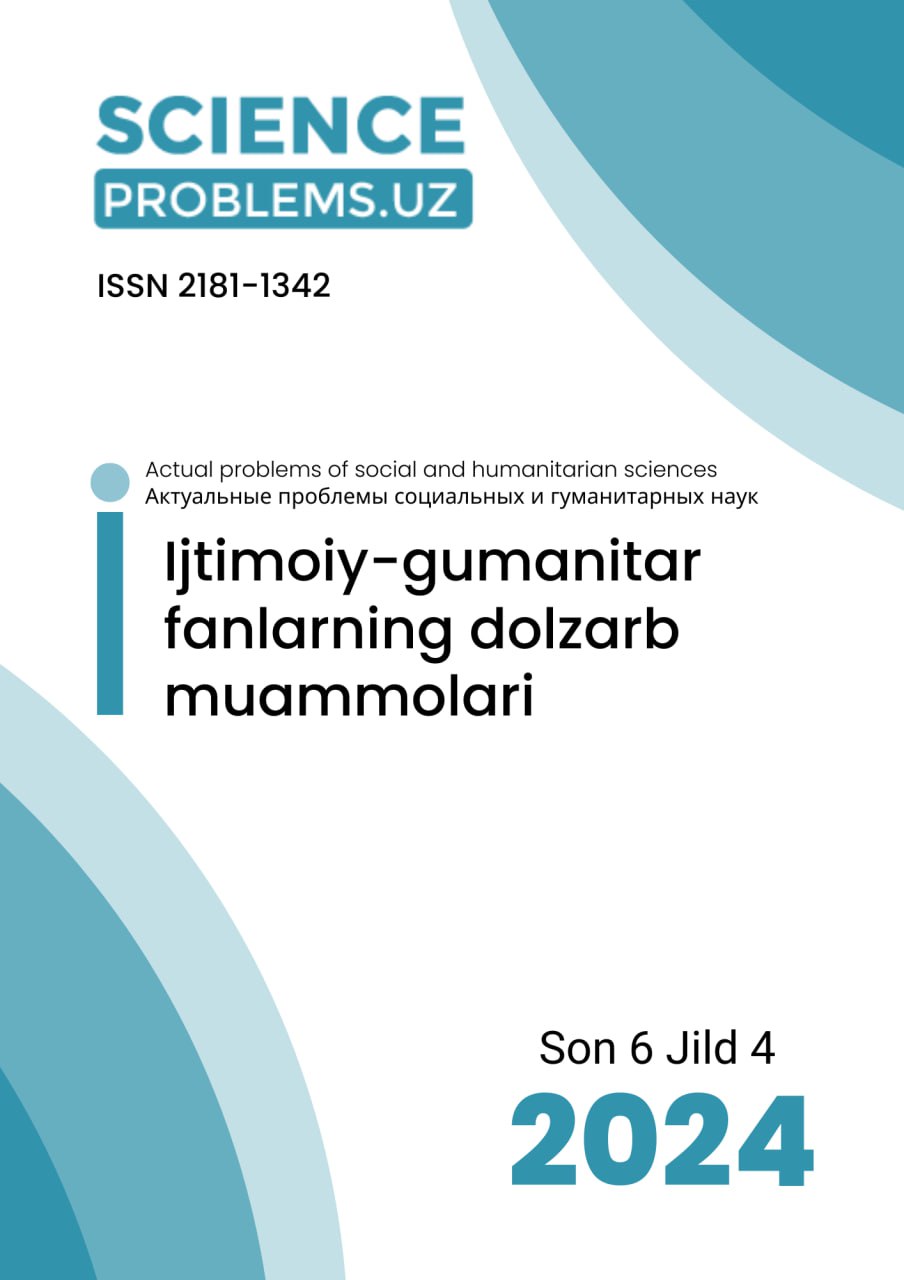THE USING OF NON COMMON EXPRESSIONS IN ENGLISH MASS MEDIA
DOI:
https://doi.org/10.47390/SPR1342V4I6Y2024N68Keywords:
non-common expressions, English mass media, linguistic innovation, media discourse, language and perception, idiomatic phrases, media jargon, neologisms, communication theories, narrative framing, cultural connotations, journalism practices, public discourse.Abstract
This thesis explores the utilization of non-common expressions in English mass media, investigating the implications of this linguistic phenomenon on public discourse and perception. Drawing upon a range of contemporary media sources, from printed newspapers to digital platforms, the study analyzes how unconventional expressions, including idiomatic phrases, industry jargon, and neologisms, shape narratives and potentially influence readers’ understanding of events and issues. The research engages with theories of communication and linguistics to examine the functions and effects of these expressions, looking at their frequency, contexts, and the dynamics between traditional linguistic norms and the evolving language within the public sphere. Clear evidence is provided that the use of non-common expressions not only captures attention and conveys complex ideas succinctly but also serves to frame issues in specific ways, carrying subtle connotations and cultural references. This study thereby sheds light on the role of language innovation in journalism and its broader social implications, offering insights into the strategic use of language in mass media.
References
Akun, F. (2013). Stylistic analysis of “I Can't Unlove You” by Kenny Rogers. Journal of Media Language Studies, 18(2), 45-58.
Coffin, A. (2003). Incorporation of spoken English grammatical forms into written media. Language in Media, 5(3), 221-236.
Ramoroka, L. (2014). Gender depictions in English mass media: A critical analysis. Journal of Media Representation, 12(4), 78-92.
Steuter, E., & Wills, D. (2010). Dehumanizing metaphors in post-9/11 media representations. Journal of Political Discourse Analysis, 22(1), 115-130.
Muhamadiyev, T. U. (2020). The impoliteness strategies finding in internet user. Актуальные проблемы гуманитарных и естественных наук, (6), 61-64.
Muhamadiyev, T. U. (2020). THE IMPOLITENESS STRATEGIES FOUND IN RON CLARK STORY. Актуальные научные исследования в современном мире, (11-12), 32-36.
Mukhamadiev, T. (2021). Feminist analysis of qaisra shehraz’s novel the holy women. InterConf.
Mukhamadiev, T. (2021). PSYCHOLOGICAL APPROACHOF THE SUPER EGO OF HARRY POTTHER IN THE HARRY POTTER AND PHILOSOPHER OF STONE. InterConf.
Mukhamadiev, T., Wijayanto, A., & Hikmat, M. H. (2018). The Impoliteness Strategies In Press Conference Of Floyd Mayweather And Conor McGregor (Doctoral dissertation, Universitas Muhammadiyah Surakarta).
Mukhamadiev, T. (2021). THE IMPOLITENESS STRATEGIES IN REPUBLICAN PARTY’S DEBATE OF DONALD TRUMP. InterConf.
Averyanova I.E. To the definition of the concept of nationally colored vocabulary // Language norm and variability: Sat. teach. Tz. - Dnepropetrovsk, 1981.
Vereshagin E.M, Kostomarov V.G Language and culture. Linguistic and regional studies in teaching Russian as a foreign language. -WITH. 73; 2nd ed. 1976.
Akhmanova O.S. Dictionary of linguistic terms. - M., 1969.








